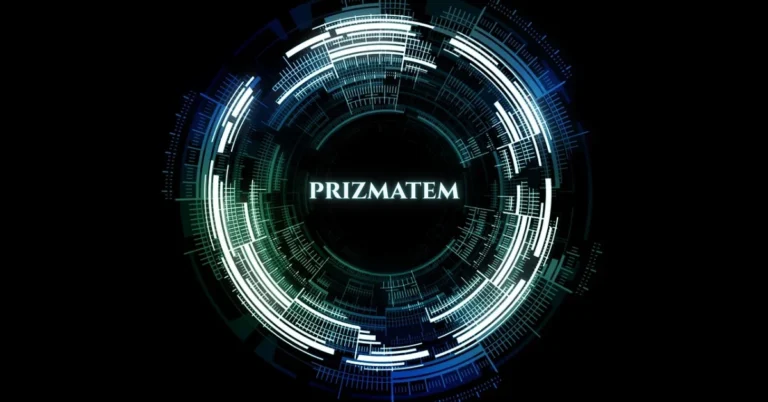Understanding SOA OS23: A Key Certification for Public Demolition Contracts in Italy
When it comes to construction and infrastructure projects in Italy, public tenders are governed by strict legal and procedural requirements. Companies that wish to participate in these competitive opportunities must meet a variety of qualifications to prove their competence, professionalism, and technical capabilities. One important credential in this context is SOA OS23 — the certification specifically linked to demolition works.
This certification is not just a formality. It serves as an official acknowledgment that a company possesses the necessary experience, resources, and compliance standards to undertake demolition projects in the public sector. Let’s explore what SOA OS23 entails, why it matters, and how companies can position themselves to obtain it.
What Is SOA Certification?
In Italy, SOA stands for Società Organismo di Attestazione — a system designed to certify construction companies for participation in public works above a specific value threshold. The certification ensures that a contractor has the economic strength, technical skills, and operational history to perform specific categories of work.
There are multiple categories under the SOA framework, each representing a specialized field of activity. These categories range from building construction to roadworks, water infrastructure, restoration, and more. OS23 is one of these categories, focusing entirely on demolition.
The Role of OS23 in the Construction Industry
OS23 specifically covers demolition activities — from dismantling structures to safely removing materials and clearing sites for redevelopment. Demolition is a highly specialized task because it involves not only heavy machinery but also careful planning to avoid safety hazards, environmental damage, and legal issues.
Holding an SOA OS23 certificate allows a company to:
- Participate in public tenders that require demolition expertise.
- Demonstrate technical competence in handling structural dismantling projects.
- Build credibility with both public and private clients.
In short, without OS23, a company aiming to secure public demolition contracts in Italy would be ineligible to even submit a bid.
Why Is SOA OS23 Necessary?
Public demolition projects are not small-scale, ad hoc activities. They often involve complex engineering, hazardous materials management, and compliance with safety and environmental laws. Because of this complexity, authorities require a reliable method to screen contractors before awarding them work.
The SOA OS23 certification acts as a prequalification system. Instead of evaluating every company from scratch for each tender, public agencies can immediately see whether a contractor has the documented capacity to perform demolition works. This speeds up the procurement process while ensuring that only experienced and well-equipped firms compete.
Requirements for Obtaining SOA OS23
Although the exact process involves formal assessment by an accredited certification body, some common requirements for SOA OS23 include:
- Documented Experience
The company must provide evidence of completed demolition projects within a certain timeframe and budget range. These past works serve as proof of technical ability. - Financial Stability
Public works demand that contractors have a solid financial foundation. Proof of adequate turnover, solvency, and accounting records is typically required. - Qualified Personnel
Demolition work needs skilled professionals, from engineers to equipment operators. Certifications, training records, and safety qualifications of staff may be reviewed. - Equipment and Resources
Having the right machinery and technology is essential. Certification bodies may check ownership or long-term access to demolition equipment. - Compliance with Legal Obligations
Companies must be in good standing with tax authorities, social security institutions, and workplace safety regulations.
The Certification Process
The process for obtaining SOA OS23 generally follows a structured path:
- Application to an SOA Body
The company applies to an authorized SOA certification organization and specifies the category OS23. - Document Collection and Review
Financial statements, project records, personnel lists, equipment inventories, and compliance documents are compiled. - Verification and On-Site Checks
The certifying body may conduct visits to offices or worksites to verify claims and inspect operational capacity. - Evaluation and Approval
Once satisfied with the evidence, the SOA body issues the OS23 certificate, which is valid for a set period, typically five years, with a mid-term check.
Benefits of Holding SOA OS23
1. Access to Lucrative Public Contracts
Without OS23, participation in demolition tenders above the legal threshold is impossible. Holding the certificate opens the door to a larger market.
2. Enhanced Reputation
Even in private sector deals, having SOA OS23 signals professionalism, compliance, and a proven track record.
3. Competitive Edge
When bidding for contracts, OS23 sets a company apart from uncertified competitors, giving clients confidence in the firm’s abilities.
4. Long-Term Business Growth
Since demolition is often the first step in redevelopment projects, certified companies can position themselves for follow-on construction work.
Challenges in Obtaining SOA OS23
While the benefits are significant, some challenges can arise:
- Document Preparation: Gathering all required records can be time-consuming.
- Cost: The certification process involves fees and administrative expenses.
- Compliance Pressure: Companies must maintain high standards continuously to retain the certificate.
Maintaining the Certification
An SOA OS23 certificate is not permanent. It requires ongoing compliance, with checks at mid-term and renewal after expiry. Companies must:
- Keep financial and operational records updated.
- Ensure all demolition works meet safety and environmental regulations.
- Continue investing in personnel training and equipment upkeep.
Future Trends for Demolition Certification in Italy
As environmental concerns grow, demolition practices are evolving. Future developments in OS23 standards may include:
- Greater Focus on Sustainability: Encouraging recycling of demolition materials.
- Advanced Safety Protocols: Incorporating new technology for risk reduction.
- Digital Documentation: Using software to track project compliance in real time.
Firms that stay ahead of these trends will be better positioned to maintain their certification and compete in the market.
Conclusion
SOA OS23 is more than just a document — it’s a gateway to opportunity in Italy’s public demolition sector. It certifies that a company has the skill, stability, and structure to safely and effectively carry out demolition projects for public authorities.
For companies in the demolition field, achieving OS23 is not just about eligibility; it’s about demonstrating professionalism, earning client trust, and building a solid foundation for long-term success. By meeting its requirements and keeping up with industry changes, contractors can secure their place in an increasingly competitive market.






